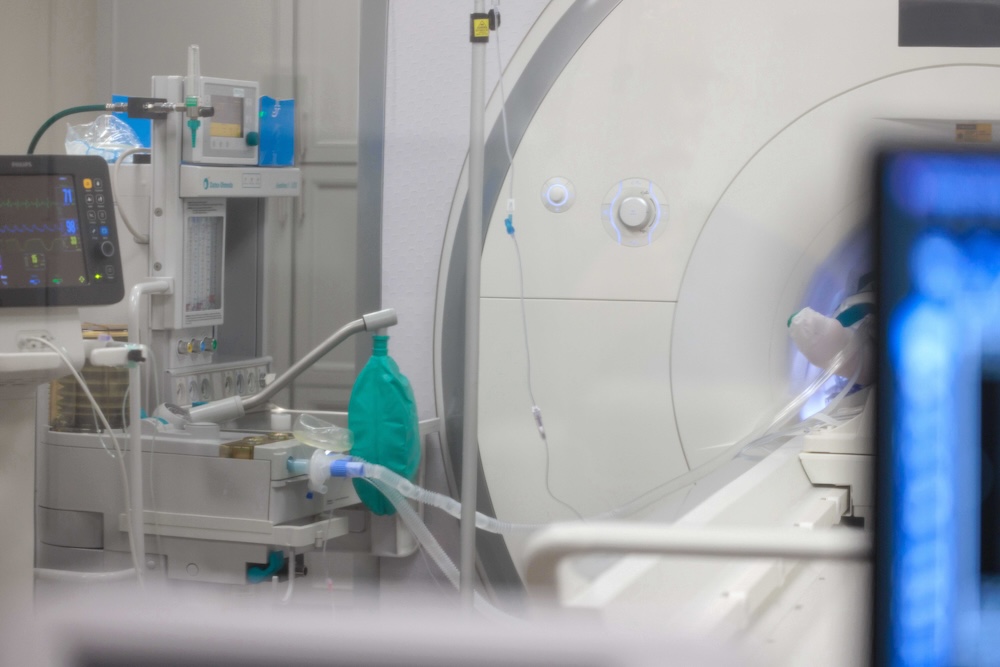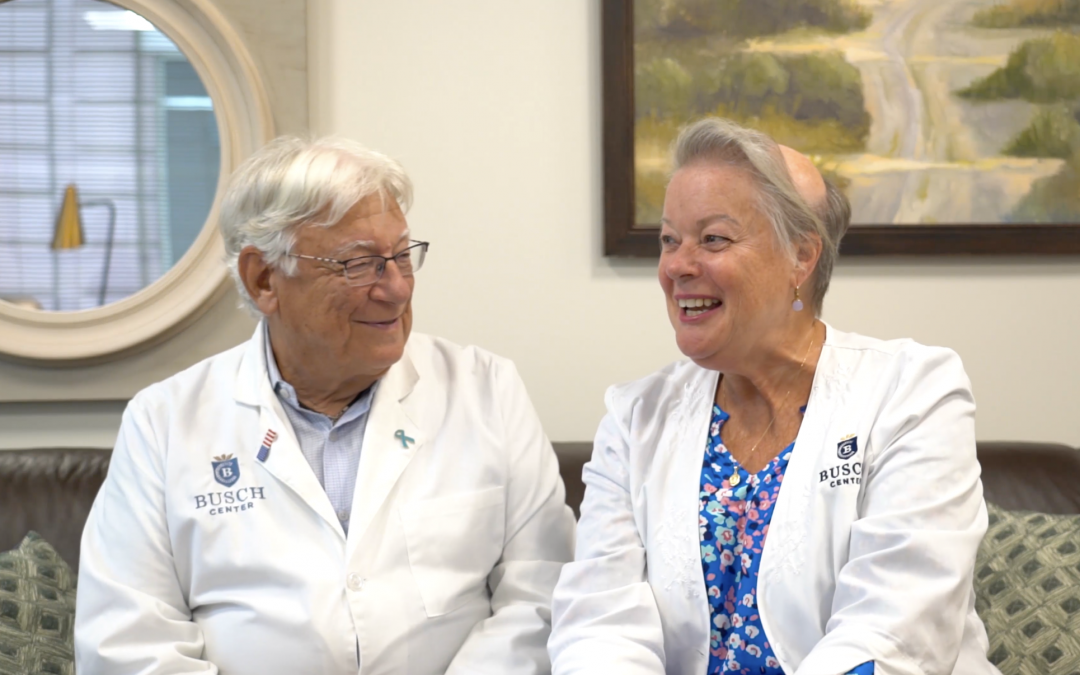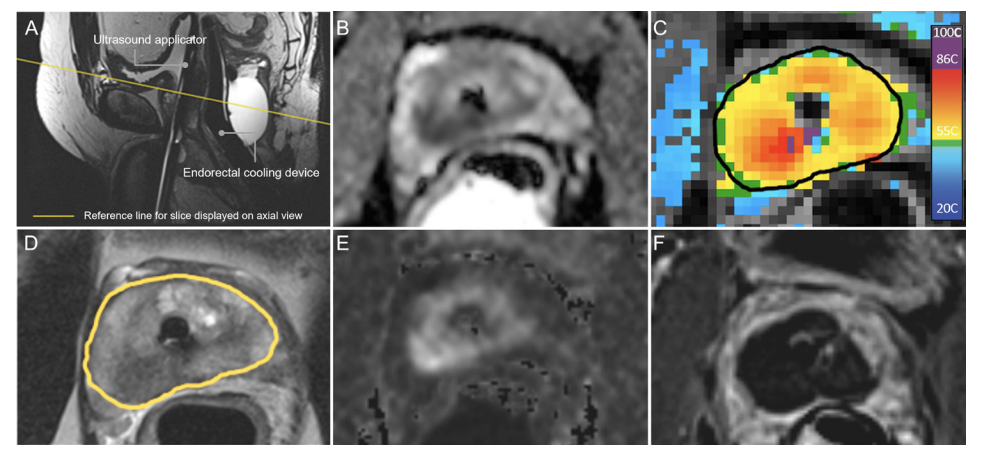RESOURCES

A Decision Made Together: Navigating Prostate Cancer as Husband and Wife
When Dub Franklin received the call confirming his prostate cancer diagnosis in 2019, time seemed to stop. The word cancer hits hard, but even more so when it's tied to such an intimate, life-defining part of a man’s identity. When it came time to make a treatment decision, his wife, Mimi, was right by his side. This wasn’t just his diagnosis—it was theirs. The whirlwind of appointments, terminology, and treatment options quickly followed. One...

TULSA for BPH with Comparison to Other Treatments
Remember when you had a newborn baby and how sleep-deprived you were? That is how our men with BPH feel all the time; they are awakened multiple times a night to urinate. As men age the transitional zone (TZ) of the prostate develops benign prostatic hypertrophy nodules (BPH) which causes the transitional zone to increase in size. Over time, the prostate will start to squeeze the bladder neck which contains the internal sphincter that...

TULSA and the External Sphincter: A Retrospective Analysis
At RSNA 2023 in Chicago, Dr. Busch presented on the retrospective analysis of MRI-guided transurethral ultrasound ablation (TULSA) in prostate cancer lesions at the extreme apex. The clinical findings show TULSA is a promising prostate cancer treatment with minimal impact on urinary continence for thermal ablation of extreme apical lesions. With a prostatectomy, the urologist is unable to see the difference between the apex of the prostate and...

The Heart of Busch Center
While Busch Center is rooted in over 40 years of experience with a passion for preserving quality of life for those diagnosed with prostate cancer or BPH, it’s also rooted in the hearts of our founders, Dr. Joe and Kathy Busch. What started as a “typical” event inspired Dr. Busch and Kathy to shift their focus from cancer care to prostate cancer diagnosis and treatment. From utilizing PET Scan machines in 1998 to today’s MRI imaging, the...

Fertility Preservation Services Now Available at Busch Center
Busch Center is excited to offer a new service for men in search of safe, effective fertility protection. Our sperm analysis and up to 5-year cryostorage kits are available in-center for both TULSA treatment and non-TULSA patients. Collection of samples can be completed in the privacy of your own home and then you take the kit to your nearest UPS for delivery to the lab. Once the specimen has been received by the lab the viability of the sample...

Cause for Concern: Does Your Blood Clot Point to Prostate Cancer?
When my dad suffered a pulmonary embolism in October of 2021, we were in shock. At 64 years of age, Morris is a relatively healthy man with no prior issues. So – after returning home from a six-day stay in the hospital, we began our healing journey. We embarked on the search for what, exactly, caused this blood clot to form in my father’s leg, break off and travel to his lungs. By all counts, we were blessed he was alive. As I started...

TULSA: Bringing Hope After Radiation Therapy
In the medical field, it’s unfortunately still common practice to recommend a prostatectomy directly following a prostate cancer diagnosis despite the growing knowledge of safer alternatives. Prostatectomy surgery involves removing the prostate which can lead to a host of other health risks including urinary incontinence, erectile dysfunction, narrowing of the urethra (making it difficult to pass urine), and last but not least a decrease in the...

British Institute of Radiology Features Dr. Joseph Busch
Prostate cancer continues to have a negative impact on the duration and quality of life for males and their families. MRI is transforming the pathway of prostate cancer detection, diagnosis, staging, and surveillance, backed by multiple Level 1 studies and robust reporting standards. This evolving paradigm of MRI-directed care is now being expanded to include in-bore MRI-guided prostate tissue ablation techniques, which reduce the burden of...
